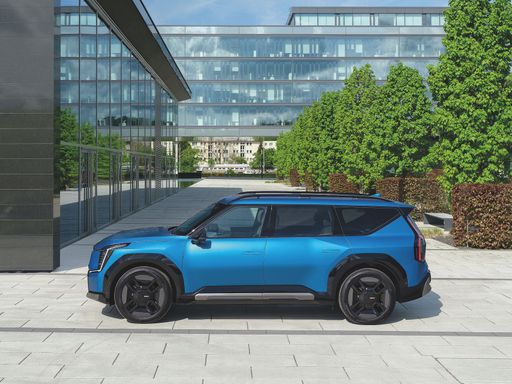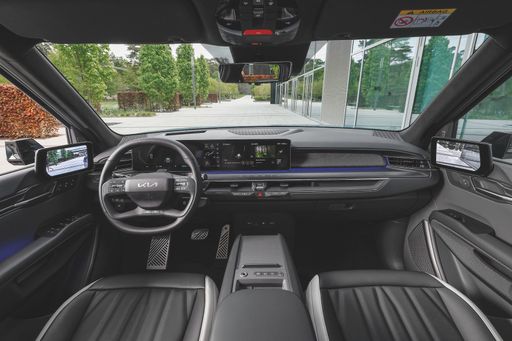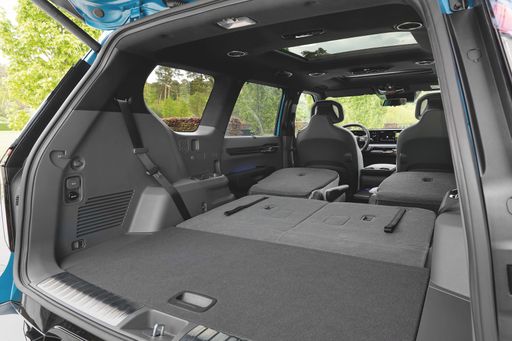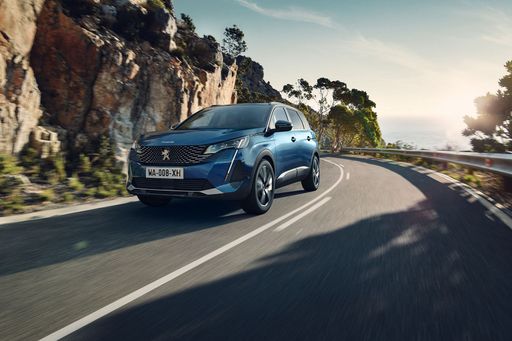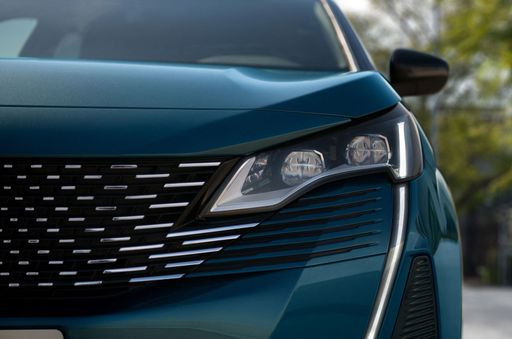The Showdown: Kia EV9 vs Peugeot 5008
In the growing segment of family SUVs, the competition is fierce, and two vehicles that showcase innovation and practicality are the Kia EV9 and the Peugeot 5008. Both models have been designed to cater to the needs of modern families, but they take vastly different approaches from their powertrains to their interior configurations. Let’s delve into the details to see how they stack up against each other.


